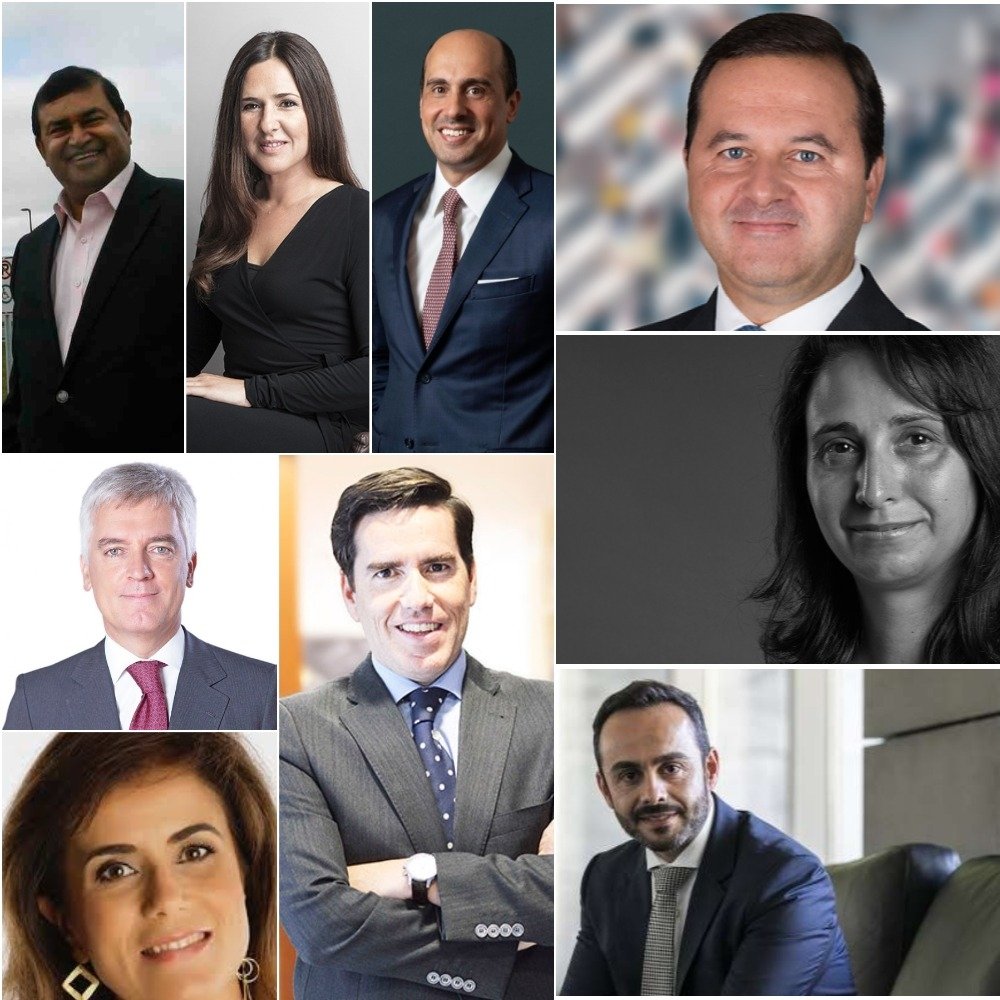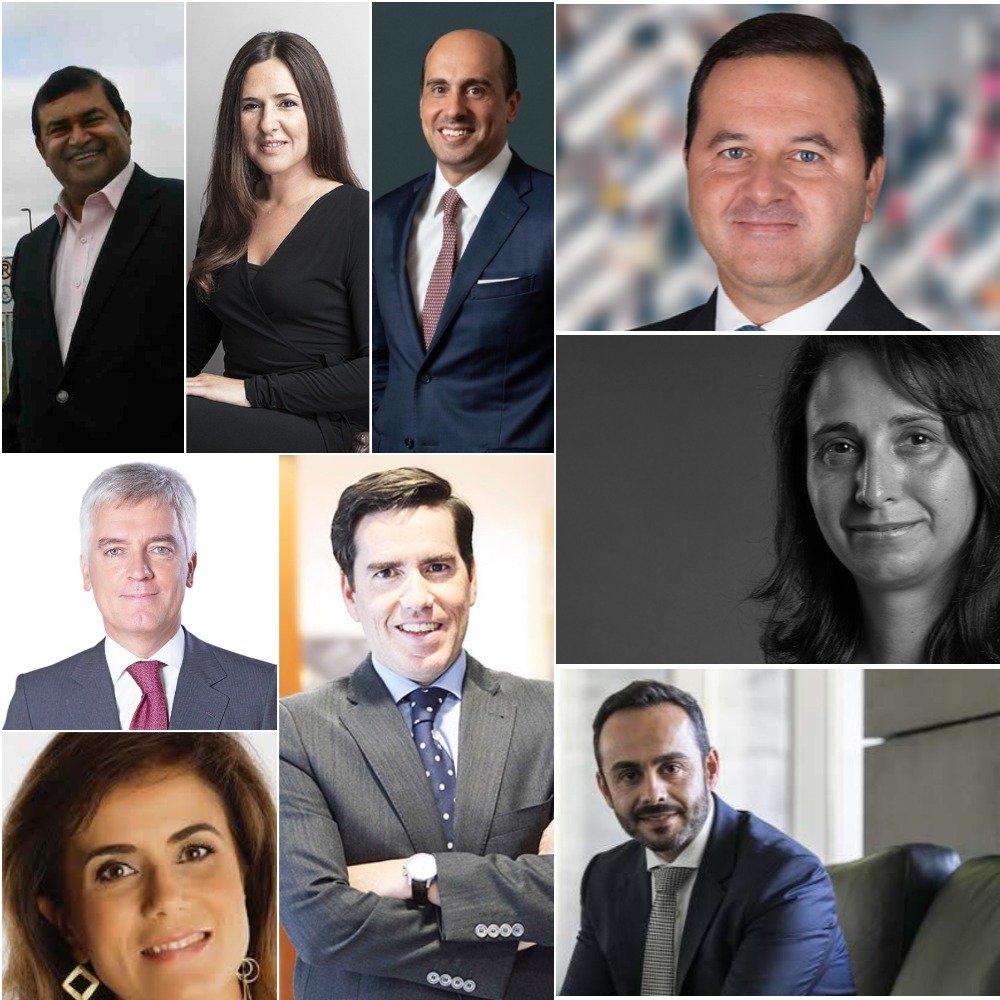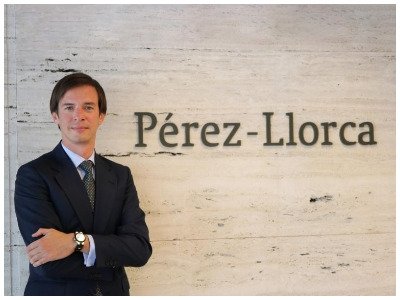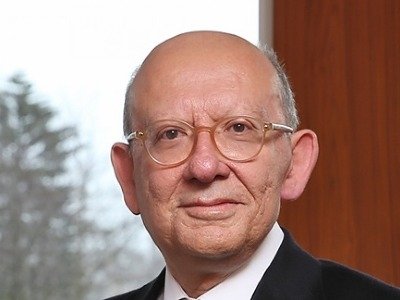Special Africa Focus: talking without borders

The first of two meetings, organised by Iberian Lawyer, dedicated to Africa and the economic and legal market of the continent took place on October 1st. However, more focused on Lusophone territories, as it was mainly a group of professionals related to Portuguese companies or who have been working in those territories, although the intention was not to restrict ourselves to them and the conversation escaped those borders.

A large group of partners attended the meeting from the most reputable firms in the Portuguese legal world and the general counsel of several companies with a long and extensive experience in doing business in the continent. On the other hand, the conversation revolved around some general lines, some thematic frameworks, which were intended only to trace some paths, some routes, along which the conversation would run, without necessarily excluding other topics that might arise: the first framework of the dialogue was the energy industry in all its variants, the second the new markets of the continent with the youngest average age of the planet and a growing purchasing power and, thirdly, the big infrastructure projects that are still, today, developed by the government authorities.
On behalf of the participating law firms we gathered Rita Lufinha Borges, partner of Miranda & Associados; Claudia Santos Cruz, partner of Morais Leitão Galvão Teles, Soares da Silva & Associados; Gonçalo dos Reis Martins, partner of PLMJ; Tiago Marreiros Moreira, partner of VdA, and Octávio Castelo Paulo, partner of SRS.
The representation of lawyers from different companies count with Isabel Fernandes, Legal director of Grupo Visabeira; Nizar Mawani, executive director of Inara Africa Properties and Rahmyn Developments; Carlos Menor Gómez, Thyssenkrupp Elevator Iberia and Africa head of legal, and Luís Graca Rodrigues, legal representant of Minsait’s Lusophone Africa.
Energy
Rita Lufinha Borges was the first to point out the possibilities of the continent in terms of renewable energies, which has the necessary conditions to become one of the great producers of renewable energy, but this triggers new challenges. “One of the main issues, in addition to the funding and developing of these projects, Africa has is the regulation. Oil and gas industry has been established for many years, so it has a legal framework that is well known for all the players, even in different countries. But for these new alternatives sources of energy is a whole new world ahead, and legislation has to be adjusted to this particular sources of energy and also how they can be used to the benefit of the population.”
Carlos Menor pointed out the two main obstacles for the companies, not just on the Energy sector. “How to revert the benefits the companies back to their headquarters. The risk companies face investing in Africa is still the main issue for them. And the constant changes in the governments and the regulations don’t make that easier.”
Cláudia Santos Cruz brings us back to a reality that we often forget when we talk about the challenges of the energy market and the possibilities of renewable energy in Africa. Countries rich in fossil fuels are faced with difficult decisions of whether to use those resources domestically, or to export them and seek alternative energy sources at home. “According to the World Economic Forum 43% of Africans do not have access to electricity, are still dependent on traditional biomass for energy and initial capital costs of renewable projects are still high.” Obtaining financing for renewable energy power plants is currently more difficult than for fossil-fuel plants. Improvements in policy and regulatory frameworks are needed, as well as reforming indebted and inefficiently managed state-owned power utilities. However, the 2014 oil price crash and now the Coronavirus pandemic highlight an advantage of renewables over fossil fuels: prices of low carbon energy are comparatively stable and unlikely to fluctuate as much as oil in time of crisis.
New markets
Gonçalo dos Reis Martins pointed out, as happened repeatedly in the debate by more than one of those present, the fact that Africa has 54 countries, which makes it a risky task to unify this diversity in a perhaps crude simplification. The participants took the risk of elucidating some of the significant challenges these countries face in developing their markets anyhow. And to what extent they have common aspects which, although they do not unify, do give an idea of what this conjecture, which we will call the “African market” would look alike. “There is a considerable need for development all over the continent, in any sector. There are consolidated ones, of course, but there is room in almost any industry. As what happened with Ethiopian Airlines, who can imagine a success like that one, fruit of the right strategy, the right investments, and the business proposition to be made.”
Nizar Mawani intervened in this respect to remind us all that in many cases one of the possibilities of development for Africa lies in addressing the internal mechanisms and the capacity of African society itself to solve the problems it faces on its own. Through its innovative procedures and, above all, much cheaper than the interventions made from outside, which ultimately makes it possible to address more issues with the same budget. Each sector offers an opportunity, and he provided an example related to the Health Care industry. “As the case of a hospital in the north of Kigali, 4 hours north of Kigali. All this happens around 2008-9. As you remember, the world was suffering a massive backlash after the financial collapsing in NYC. It had a major impact on some companies of construction, architects, engineers, and so on. An NGO wanted to build a hospital, so they began to work with a group of architects, using local resources, and they built a hospital that in the US might cost up to $200 million, built with local resources can be built for under $10 million. This model spread in the next 12 years. Now this hospital became a teaching one, with 400 people working, creating a cit around it, and providing a model to go forward for Africa. A very successful one made in collaboration of public and private partner who also helped to develop the Health Care Economy.”
Tiago Marreiros Moreira focused on the challenges posed by the continent’s youth and, at the same time, made possible. This enormous demographic reserve of African countries, with the youngest average age on the planet, not only requires governments to plan to meet the expectations of the new generations, but also to provide unique perspectives on the economy. There is also the phenomenon of solidarity between countries which has arisen in the wake of the COVID-19 pandemic. This crisis has made more evident the dependence of African economies on imports and the need to diversify production for continental purposes to depend less on the outside world. And he stressed a determining factor for the future is “the sign of an African Continental Trade Free Area. Which many people consider that will boost the economy of the countries that already sign it, and even bring other countries to this agreement, which is a crucial one to facilitate free trade as a reality in Africa in the next years to come.”
And, again, Carlos Menor summarised a critical aspect of the whole investment situation. “When you talk about investment, there can be only two sources—the internal and the external ones. The inner is very few because not too many people have the money to invest. So let’s focus on the external investment. And, for that, there is a crucial thing: you have to ensure that if someone goes to the place and invest money, he has to be sure that they are going to return back his investment plus certain benefits. No matter in the short or long term, but you have to be sure that nothing will happen to that inversion and you will have the right to repatriate the profits.” And everyone in the meeting agreed to the damage caused by this uncertainty in the developing of the continent.
Infrastructures, cities, administrations
Octavio Castelo Paulo pointed out one of the areas where decision-making by local administrations is most needed: education. And he did so unequivocally when he spoke about the fact that “Africa got a huge gap regarding human skills, human capability when you compare, for instance, to Europe, to North America. The ability to implement and to put on the ground new projects that require technology, or demand specific skills, those skills are not yet developed; they are not enough. So this is a big obstacle to the economy to mature.”
In this respect, Rita Lufinha Borges stressed that not only is this a problem of education, which it is; but that this lack of training means that, in many cases, governments themselves impose training requirements on projects to be developed in their territories that involve conditions that investors should not ignore.
“Africa must embrace the digital and the digitalisation. Not only in education. But we must face the fact that in Africa most of the work run informally and you cannot work from home. That is impossible in Africa. And the pandemic highlighted this. So, unless the administrations and the institutions change the regulatory environment, we can still have all these opportunities, but it will not be possible to develop them in a feasible way for both parts: markets and investors,” Isabel Fernandes underlined.
Luis Graça Rodrigues pointed out how complicated it is still for governments to carry out large projects due to the absence of tax legislation and regulatory control that would allow administrations to finance the works needed by countries and their economies. But, “who is paying these taxes? Economies as big as the ones from the African countries, with such a vast bureaucracy, represent a big challenge for foreign investments. The tax reality in Africa still needs some development, faces enormous obstacles. And that’s why the government use to require third party investors like the World Bank, the Fund for African Development, etc. They don’t have the financial capacity to make these investments.” He ended by pointing out the paradox that in law schools, they have to teach “legal Portuguese” as an independent subject. In contrast, it does not seem to be even a language with which students are familiar. On hearing this Isabel Fernandes, recalled how complicated it was for her a few years ago to establish simple accounting rules in an economy where something as seemingly simple as an invoice was unknown to many of her agents.
Probably, Isabel Fernandes herself gave us an unbeatable summarise of the meeting: “I don’t want to centre in the constraints, the legal ones and any other type. We know the limitations, and we know the opportunities, and need to balance them appropriately. But there no matter that, a lot of investors are interested in Africa, and there are lots of chances there. Hence the governments are dealing with the necessary changes to facilitate this, improving the infrastructures and connectivity to lower the logistic costs. And this includes physical ports, roads, custom controls and boosting of intraregional trades and regulation. That will help those 54 countries to take advantage of their possibilities. And likewise, improve the local entrepreneurship initiatives.” Or, for example, Tiago Moreira’s remark about the ability of African governments to make decisive decisions much faster than they are doing on issues such as tax payments by large technology companies.
by Antonio Jiménez
To read the article in full please download issue N.98 here












